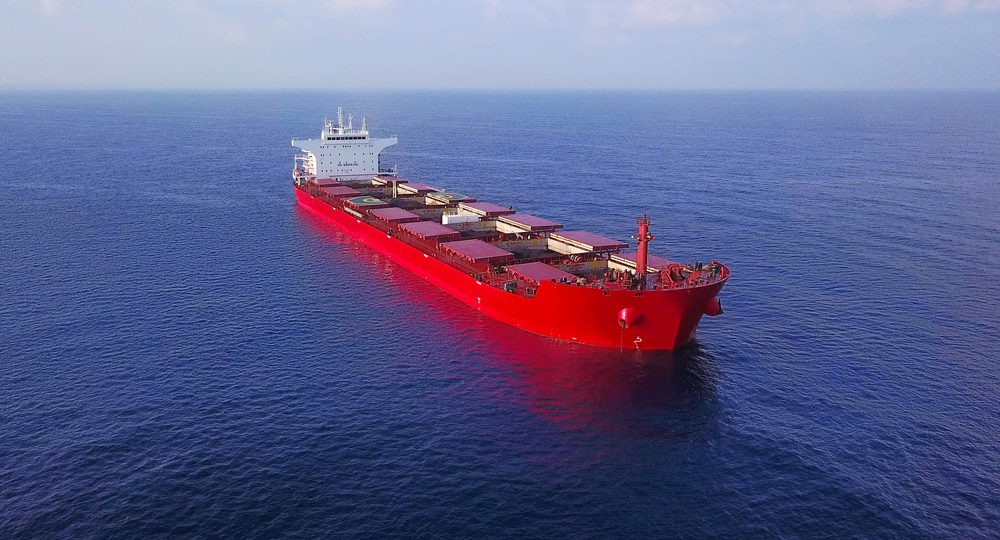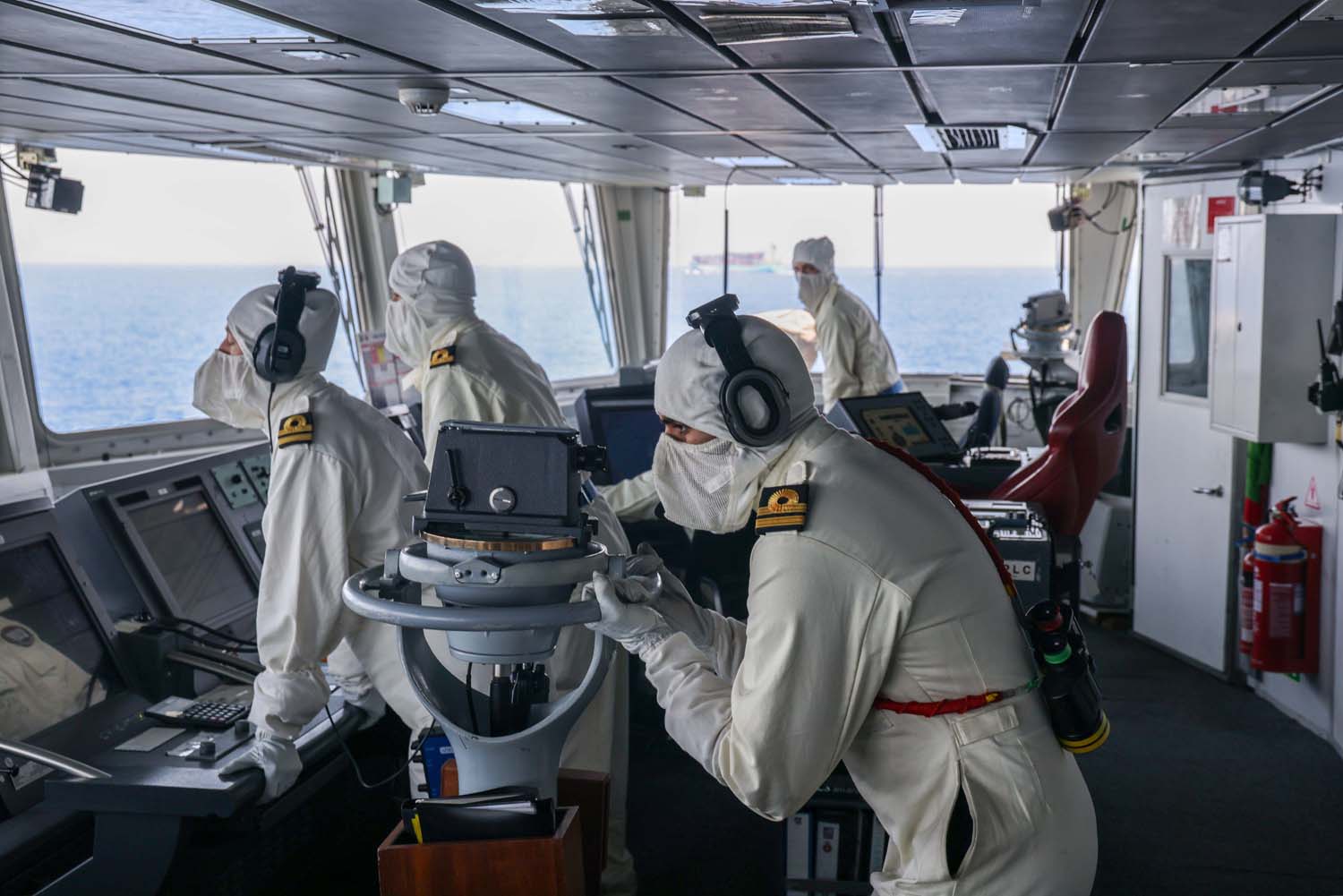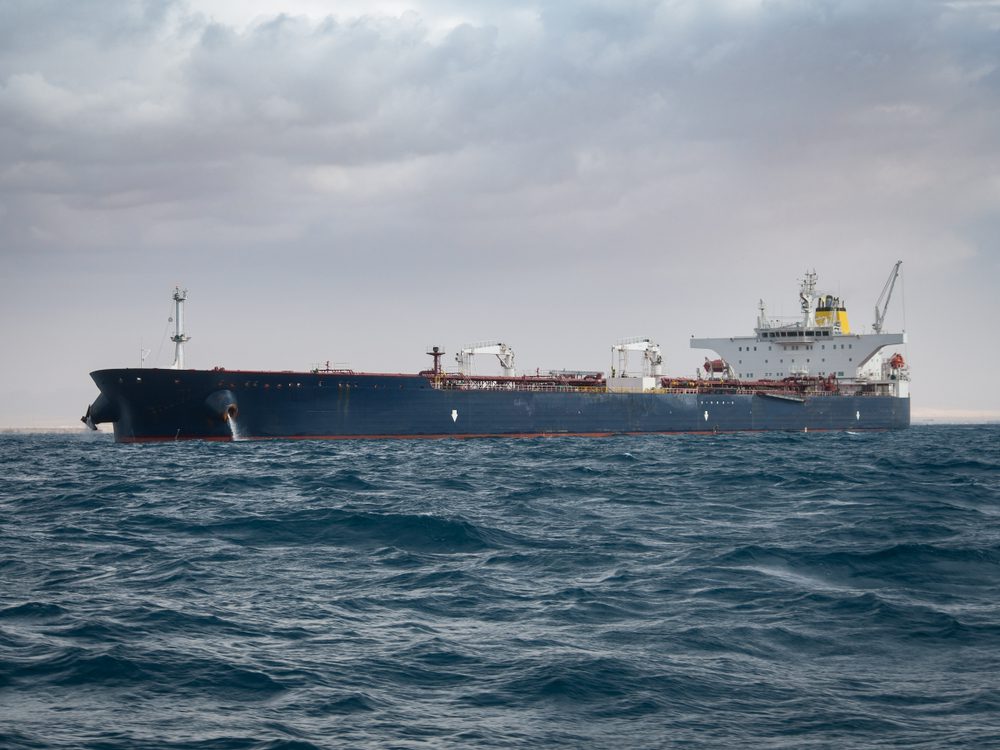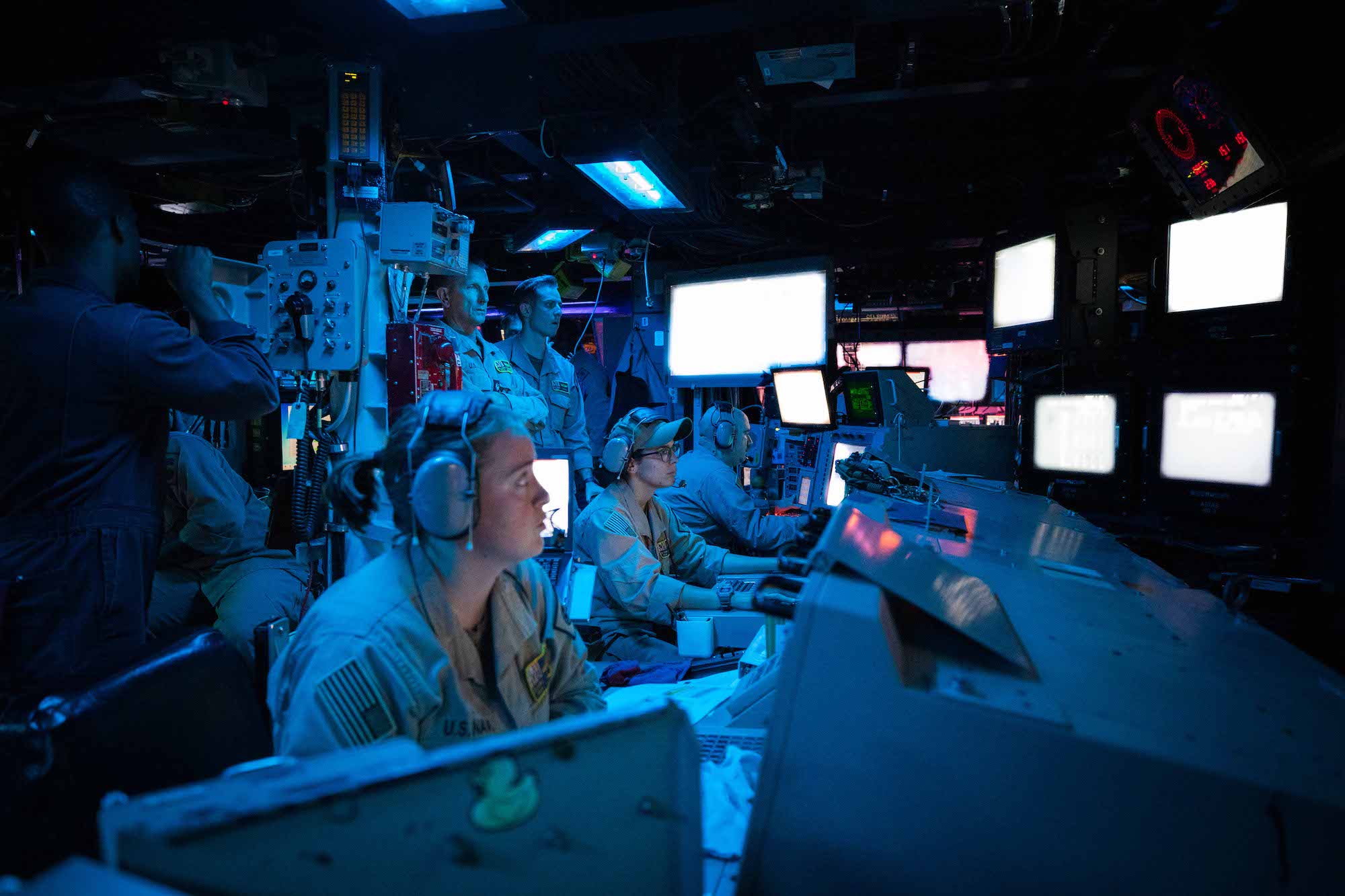“Our market is in fire”, were the words of DNB shipping analyst Jorgen Lian began the session covering drybulk shipping sector at the Capital Link Shipping Forum. Panel members went on excitedly about the great opportunities for ship owners (and for investors in the listed companies) with the market at levels not seen since 2007.
Martyn Wade, the CEO of Grindrod Shipping- a specialist in small and medium bulkers shared his enthusiasm when noting that “We’ve not seen a market like this in 10 years. It’s been the most perfect storm that we could have asked for.” Mr. Wade, picking up Jorgen Lian’s introduction was quick to mention the coal stockpiles truly on fire as part of this perfection.
The market boom and weekly moves from strength to strength are well known- with Starbulk Shipping CEO Petros Pappas saying “This is a platinum market- better than gold…” on a previous panel. Of course, the more interesting questions concern what comes next.
On the drybulk panel, Grindrod’s Mr. Wade talked about a strategy of remaining largely spot, with some ships fixed for terms of 12 months, but said “A number of charterers are now coming to us discussing taking cover in 2022.” On the same panel, the CEO of Good Bulk C Transport Maritime, John Michael Radziwill, was jumping up and down (well, figuratively- but he was VERY excited) recommending that owners keep all their trading spot, noting that period charters are being transacted at a substantial discount to the prevailing spot rates. Quoting an old business trope he said, “You don’t go broke making a profit,” and then he offered an amendment- “You need to know what your opportunity cost is”.
Other panel members were not putting all their eggs in the spot basket. Safe Bulkers (“SB”) CEO Polys Hajiouannou, which has recently purchased a second hand Capesize (built 2012), explained the rationale for fixing that particular ship on a three year period time-charter (though he acknowledged a preference for spot out-charters; roughly 70% of the SB fleet trades spot). He explained that by fixing it “in the mid $20’s,” (it was fixed at $24,500/day, with an optional one year at a higher number) it could be paid down over three years, leaving substantial free cash flow that could be available for shareholders in later years.
The economics here are compelling. In a recent release, SB explains that: “…on aggregate the acquisition cost for the vessel being $32.3 million…[the charter] is anticipated to generate approximately US$26.7 million [for the charter period],” while the ships’ present residual value is pegged at around $14.5 million.”
For finance newbies- and I am oversimplifying greatly (leaving out present values, discount rates, etc.), you could look at the cost of a 12 year old vessel (when it comes off charter) as being $5.7 million- with perhaps eight more years to trade. Nice deal!
Other panel members agreed on the importance of rewarding shareholders, with dividends on common shares (which SB seems to be considering), Mr. Radziwill intoned that: “We reward shareholders as much as we can with dividends.”
Gary Vogel, from Eagle Bulk (“EGLE”) pointed to the bulker owner’s recent policy shift toward dividend payments. Stamatis Tsantanis, from SeaEnergy (“SHIP”) said: “We are big believers that the current market cycle is in its early stages. Now, we are strong believers in returning money to the shareholders and we will start to rewarding shareholders- either in Q4 of this year, or early next year.”
Second hand ships work out better financially, and nobody will be ordering new ships, it seems. On a different panel, Genco Bulkers (“GNK”) CEO John Wobensmith talked about retrofits, saying “We are not ordering new vessels.” Good Bulk’s Mr. Radziwill likened newbuild orders to “a deer in the headlights”. Both cited uncertainty surrounding propulsion progress as the industry moves towards a decarbonized future.
What of the cycle?
Polys Hajiouannou, from Safe Bulkers, described the difference between the 2021 rally and those of previous years, saying that this one started with smaller bulk carriers (in contrast to previous upturns where rallies moved downward, size-wise with Capesize cargoes split into smaller ships).
Part of the cause, this time, was the demand for container boxes by the liner sector; he said that previously, certain “minor bulk” commodities were carried in containers (on liner backhauls). Not so now – those cargoes now fill up the cargo holds in smaller bulk carriers. The view from the panel was that continuing container strength would provide fuel for the bulk market, with smaller ships’ strength actually ricocheting upward to larger sizes.
Mr. Radziwill pointed at another positive side of containerships’ positive impact on drybulk, noting that containership orders were tying up yard capacity, a further disincentive for drybulk orders (if they were to become comfortable with technology and fuel developments). On larger bulk carriers, SHIP’s Mr. Tsantanis suggested that the market is strong in spite of ships running a full speed, and also mentioned that the ships were not always fully loaded, with such inefficiencies contributing further to the market’s strengths.
With coal joining iron ore in propping the market up, SB’s Polys Hajiouannou “We are having shortages of coal now- and the winter [in the northern hemisphere] has not even started yet.” Likely more fuel to the fire!
Unlock Exclusive Insights Today!
Join the gCaptain Club for curated content, insider opinions, and vibrant community discussions.

 Join The Club
Join The Club













